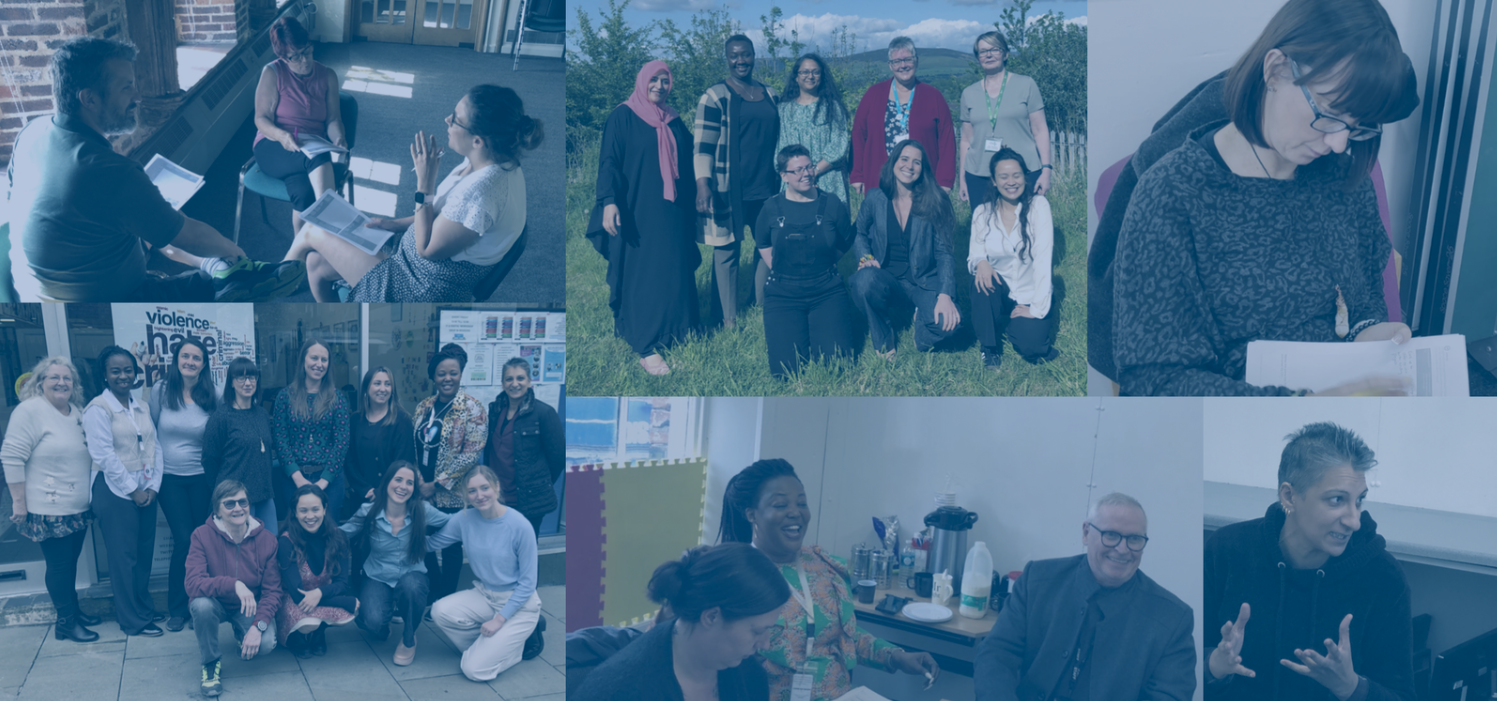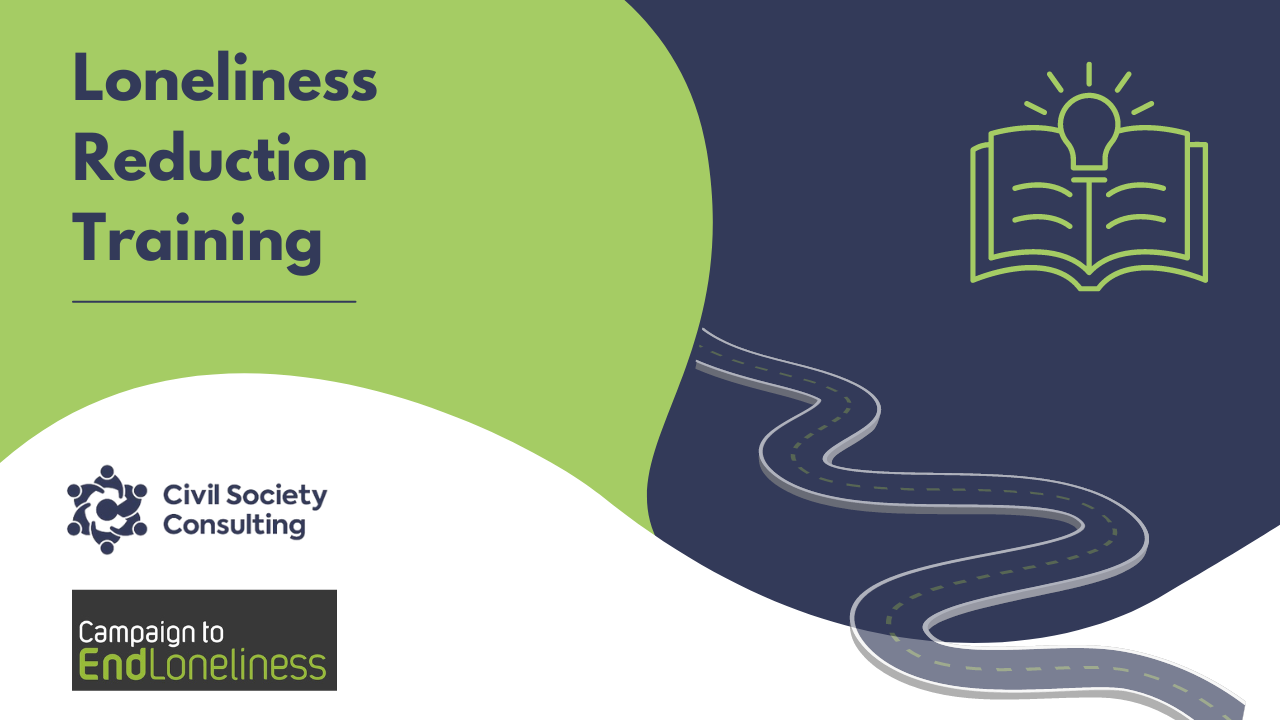
The Loneliness Reduction Training
Loneliness has been called the public health crisis of our generation.
Our team was commissioned by the Campaign to End Loneliness to translate literature in the emerging field of loneliness into an accessible and interactive learning programme, aimed at grassroots charities but adaptable for all audiences.
Having developed the learning materials, CSC are proud to be continuing the partnership. We are delivering Loneliness Reduction Training across the UK, in parallel with Campaign to End Loneliness, who are also working hard to equip the social sector with knowledge on the theory of loneliness and promising approaches for tackling it.
Thanks to funding from the Department of Media, Culture and Sport (DCMS) and The National Lottery Community Fund, we’ve delivered four trainings to 45 grassroots organisations in Greater Manchester, Norfolk and Teesside (via a mixture of online and in-person).
We’re actively looking for opportunities to deliver the loneliness reduction training in other areas, and in other formats. Please get in touch if you have an idea or would like to commission us to deliver the training to your colleagues and partners.

About the course
The Loneliness Reduction Training was co-developed by CSC and the Campaign to End Loneliness. By the end of the course, participants have a thorough and memorable understanding of:
The theory and psychology of loneliness - understanding the causes and symptoms
The Campaign’s ‘Promising Approaches’ framework, which helps participants to identify their place as a cog in a community-wide ‘tackling loneliness machine’ and
How to apply this theory and the importance of partnerships - and examples of successful interventions used to tackle loneliness around the UK.
The course can be adapted for all: we can re-focus the training towards particular areas of the learning and leave out others according to the context.
In its current form, it’s aimed at grassroots organisations or statutory sector professionals working within the same locality who have some exposure to people experiencing loneliness: we leverage the personal and professional experience of participants to teach key theory, whilst coaching participants to develop action plans for tackling loneliness in their communities. By the end of the course, grassroots organisations come away with an emerging action plan - either to develop a new initiative or to expand existing work - and strong connections with key partners from their local area.
The training successfully builds participants understanding of key loneliness theory.
By the end of the training, 90% of participants had a strong and confident understanding of what loneliness is, its causes and the impact loneliness has on individuals, community and society.
The course is also designed to motivate each participant to enhance the work they do to tackle loneliness, and help to connect them to key partners that will make their efforts a success.
By the end of the training, 85% of participants had a clear and developed idea of what they want to do to tackle loneliness and motivation to do it.

